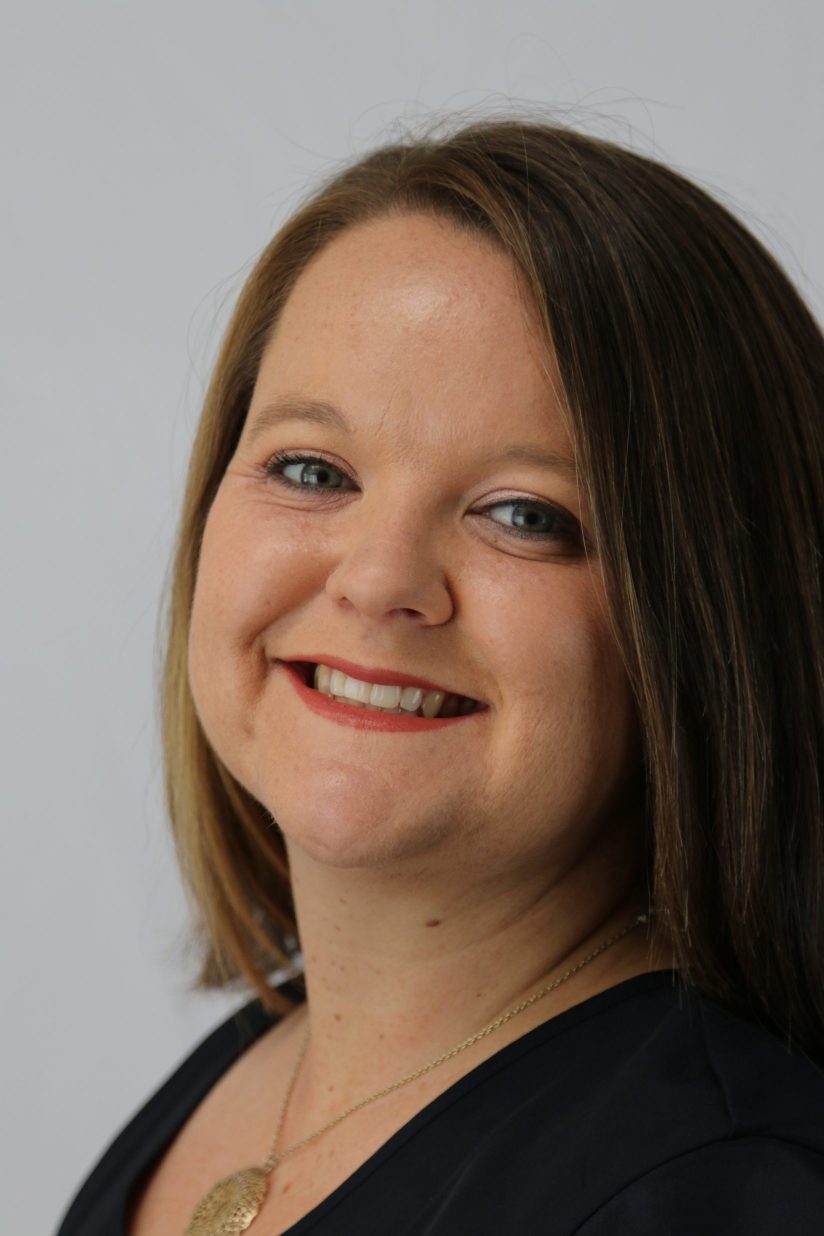By Megan Gross
Late one afternoon, while on shift at a group home for adults with developmental disabilities, I found Larry, one of the residents with Down syndrome, sitting alone at the kitchen table. He was nursing a Diet Pepsi after returning home from his adult day program, or “work” as he called it, though he typically spent his days in arts and crafts and other group activities.
Larry was a middle aged man with a huge smile, some leprechaun-esque dance moves, and a love for Basque food. I was a relatively new staff member and Larry had recently been diagnosed with Alzheimer’s disease, so he didn’t always remember or trust me, but this afternoon was different. He beckoned me to the table and started telling me about his teacher. He was glowing as he recalled her lessons and how she had taught him to write his name in cursive, which he happily demonstrated for me. “This is my signature,” he said. “It’s important.”
That was the moment from the time I spent working with adults in the group home leading me back to school to become a special education teacher.
The adults I supported had dreams of going on vacation, romance, meaningful jobs, and greater independence and choice. These are purposeful dreams, common to all of us at one time or another. I felt I could help the next generation of persons with disabilities achieve these dreams if I too became a dedicated teacher like the one who was so important to Larry.
Since obtaining my special education credentials ten years ago, I have taught students with disabilities and advocated their inclusion in general education classes so they could learn alongside their peers. I am grateful to teach at a high school with fellow colleagues who believe all students are capable of learning and work to bring best practices in special education to life.

Five years ago, many of my students spent the day in segregated special education classes for students with autism spectrum disorders. Through team building with families and colleagues, my students now participate in many academic classes with their peers, such as biology, world languages, U.S. History, and civics. In elective classes some have learned how to play an instrument and be a member of the marching band or how to express creativity through computer animation. I am thankful for this growing circle of support, where many adults believe in them and enjoy them for who they are, even if they’re like other high school seniors falling asleep in first period!
I am not naive about the realities of my profession and there are challenging days. There are aspects about my career — paperwork, lack of curriculum, struggles for resources, and a general lack of understanding about special education law and practices by those in charge who should know better — that sometimes make me question my career choices.
Upon reflection, however, my challenges are never with my students. They are unique, eager to express themselves, and relay their dreams. They are just like Larry, who first taught me about what it means to be a person with a developmental disability. My students dream of girlfriends and boyfriends, college, and careers. Their dreams are what keep me in the classroom.
As an educator, I have the responsibility to support both my special needs students and their schoolmates as they navigate adolescence. Though wide adoption of special education best practices is slow and many students with disabilities remain segregated from the general student body, I can cross these barriers so that my students have academic and social opportunities within their school community.
These opportunities not only benefit my students, but also their peers who learn to effectively communicate with diverse individuals. They are learning that success doesn’t look the same for everyone.
I hope that years from now, when they encounter people with disabilities in their community, or have an opportunity to hire employees and work with colleagues with disabilities, they will remember their high school peers and engage or hire without hesitation.
Others, while preparing their home for a child with disabilities, caring for an aging parent, or providing for a loved one who has been injured, may have hope rather than despair because of their shared experiences with disabled peers. Inclusive special education is not a segregated benefit.
I believe if teachers take the lead, we can create and sustain inclusive opportunities for children every day on our campuses. We can tell our students with disabilities when they see the college pennants hanging from our classroom walls, “Yes, this has meaning for you, too”. In 2017, there are more than 250 inclusive college programs across the United States, and our students and families need our help to chart a course to making college dreams come true.
We can include all of our high school students in college tours, internships with local businesses, and connect them to local agencies supporting individuals with disabilities so they may lead independent lives.
All of our students deserve the dignity of a dream and support necessary to make those dreams a reality. We as educators have the power and responsibility to help our students do it.
Originally published in 2017. This story was produced by The Hechinger Report, a nonprofit, independent news organization focused on inequality and innovation in education.
About Megan Gross: California’s 2017 Teacher of the Year, Megan Gross is a special education teacher at Del Norte High School in San Diego, California, where she works with students in the schools Autism Spectrum Disorders program. Her work focuses on helping her students to integrate into the school community.






